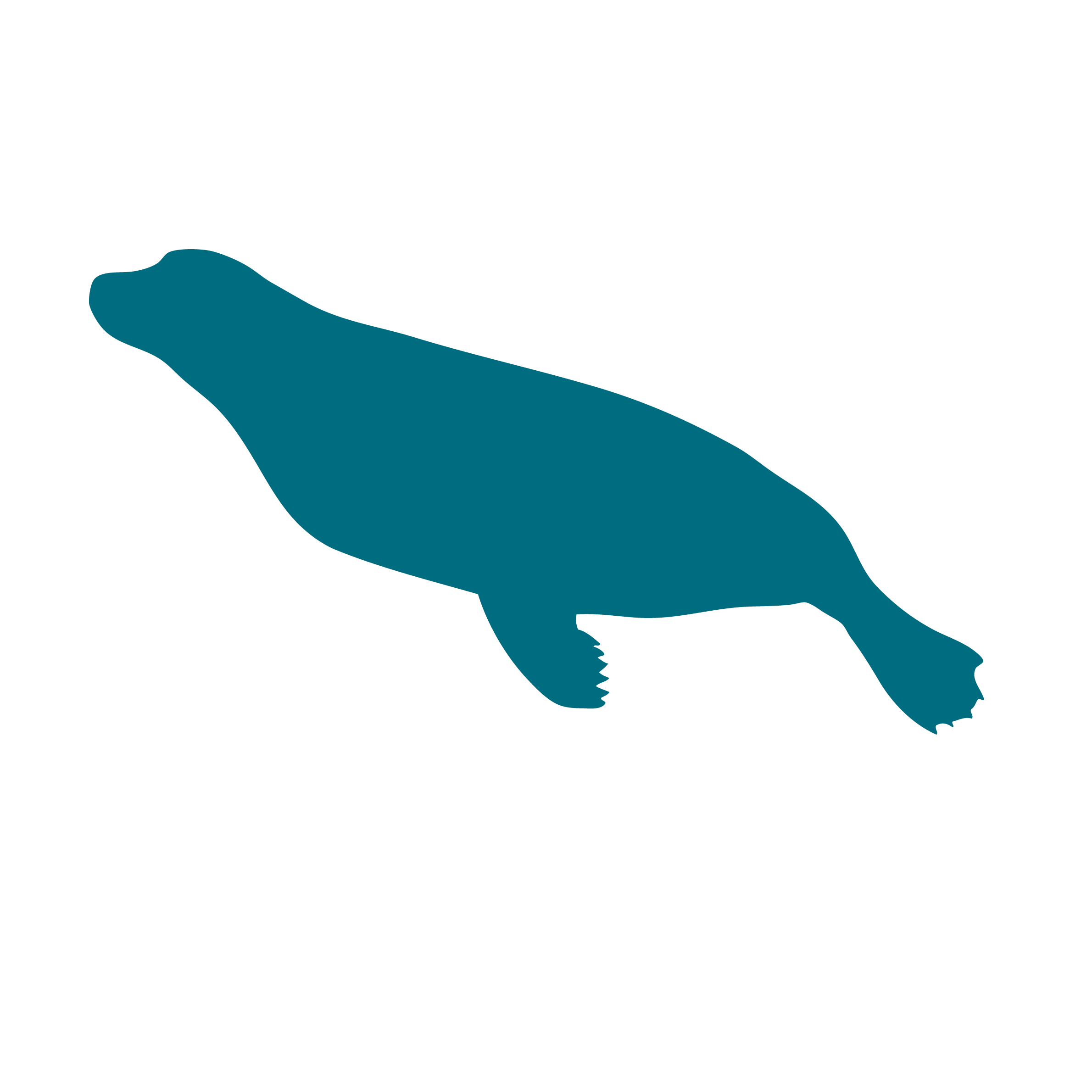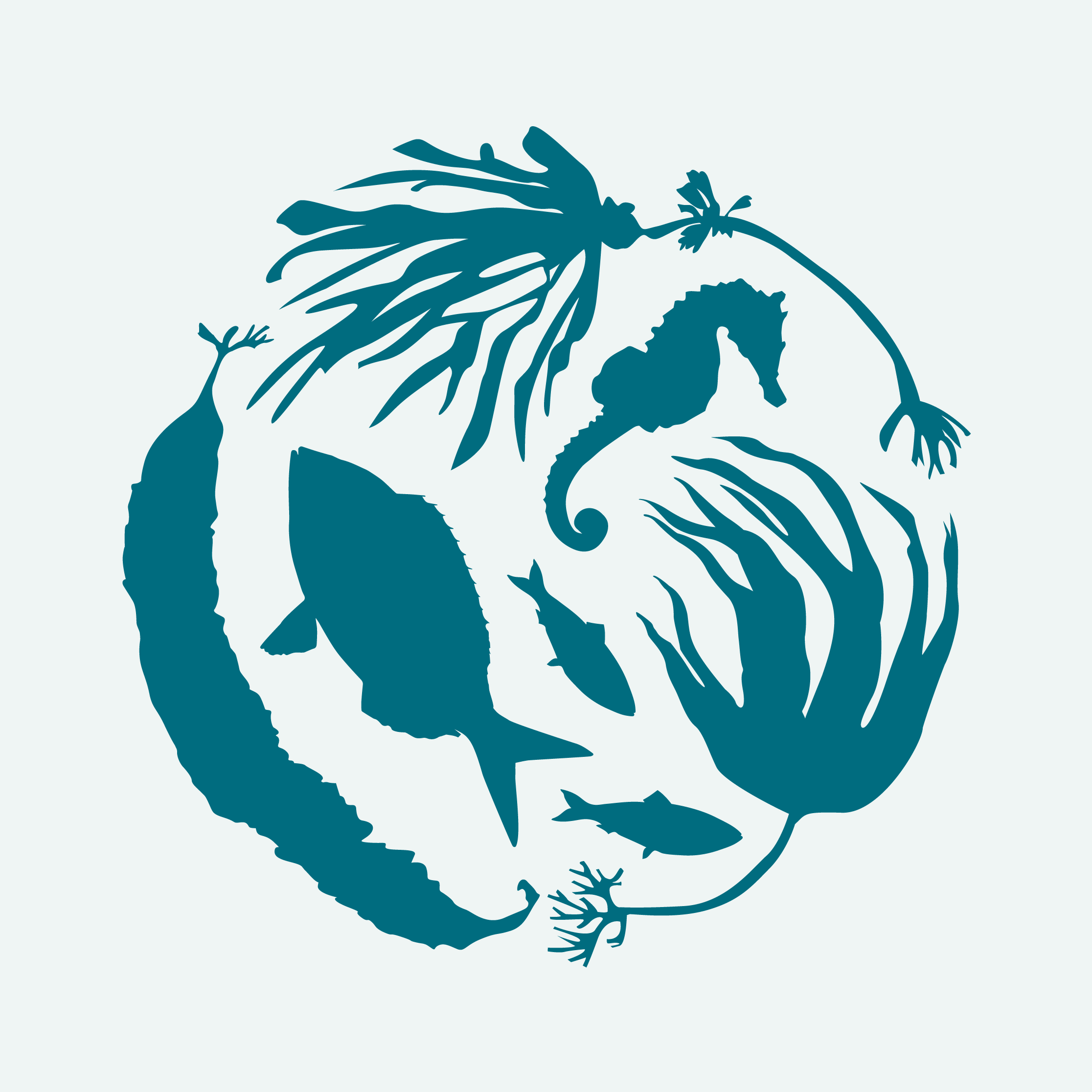The Seabed's Caped Crusader!
Often seen scuttling between rocks or sheltering beneath seaweed, crabs are a familiar sight along the Sussex shoreline — yet their role in sustaining healthy marine ecosystems is often underestimated. Acting as recyclers, predators and prey, crabs play a dynamic role in maintaining balance in our coastal seas.
Read more














![5179-blue-marine-sussex-kelp-sediment-infographic_graphic-only_v4[68]-1679383875.jpg](/img/asset/aW1hZ2VzLzUxNzktYmx1ZS1tYXJpbmUtc3Vzc2V4LWtlbHAtc2VkaW1lbnQtaW5mb2dyYXBoaWNfZ3JhcGhpYy1vbmx5X3Y0WzY4XS0xNjc5MzgzODc1LmpwZw==?w=480&h=320&s=1afa6c4b060073f2c7826331ba992107)

